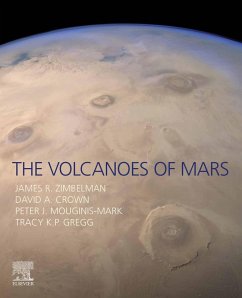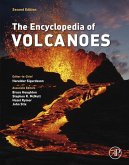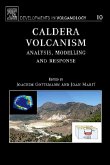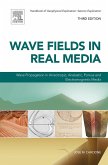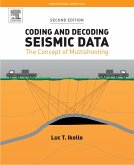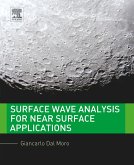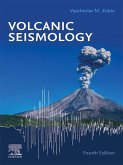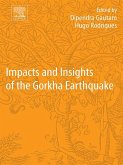Concluding with prospects for new knowledge to be gained from future Mars missions, this book brings researchers in volcanology and the study of Mars up to date on the latest findings in the study of volcanoes on Mars, allowing the reader to compare and contrast Martian volcanoes to volcanoes studied on Earth and throughout the Solar System.
- Presents clearly organized text and figures that will quickly allow the reader to find specific aspects of Martian volcanism
- Includes definitions of geological and volcanological terms throughout to aid interdisciplinary understanding
- Summarizes key results for each volcanic region of Mars and provides copious citations to the research literature to facilitate further discovery
- Synthesizes the most current data from multiple spacecraft missions, including the Mars Reconnaissance Orbiter, as well as geochemical data from Martian meteorites
- Utilizes published geologic mapping results to highlight the detailed knowledge that exists for each region
Dieser Download kann aus rechtlichen Gründen nur mit Rechnungsadresse in A, B, BG, CY, CZ, D, DK, EW, E, FIN, F, GR, HR, H, IRL, I, LT, L, LR, M, NL, PL, P, R, S, SLO, SK ausgeliefert werden.

